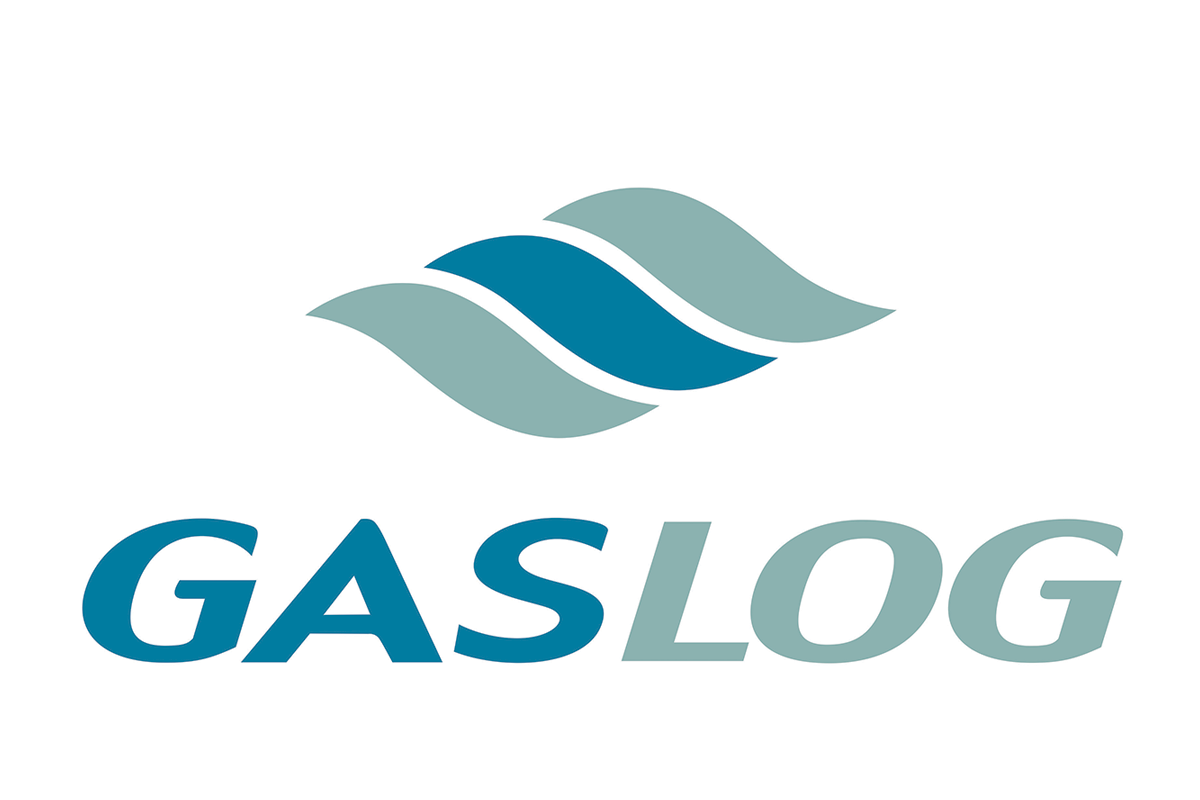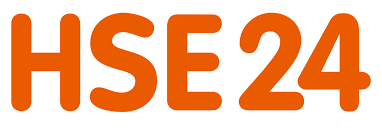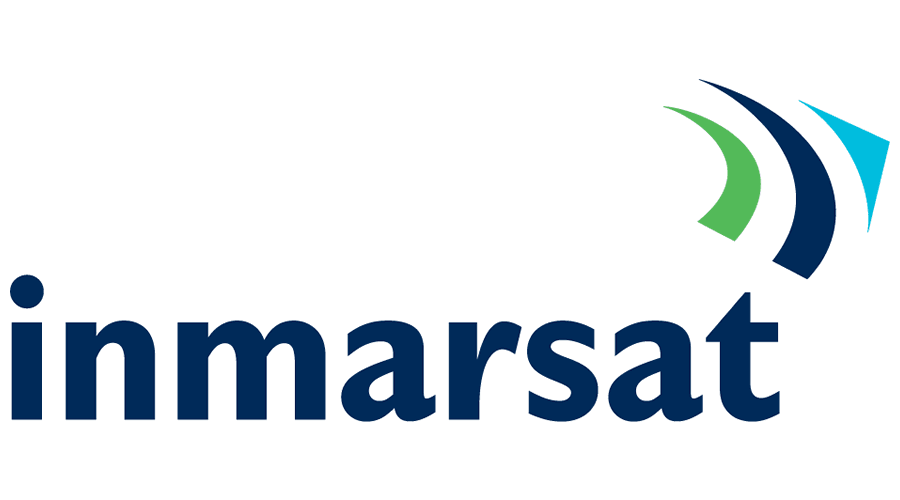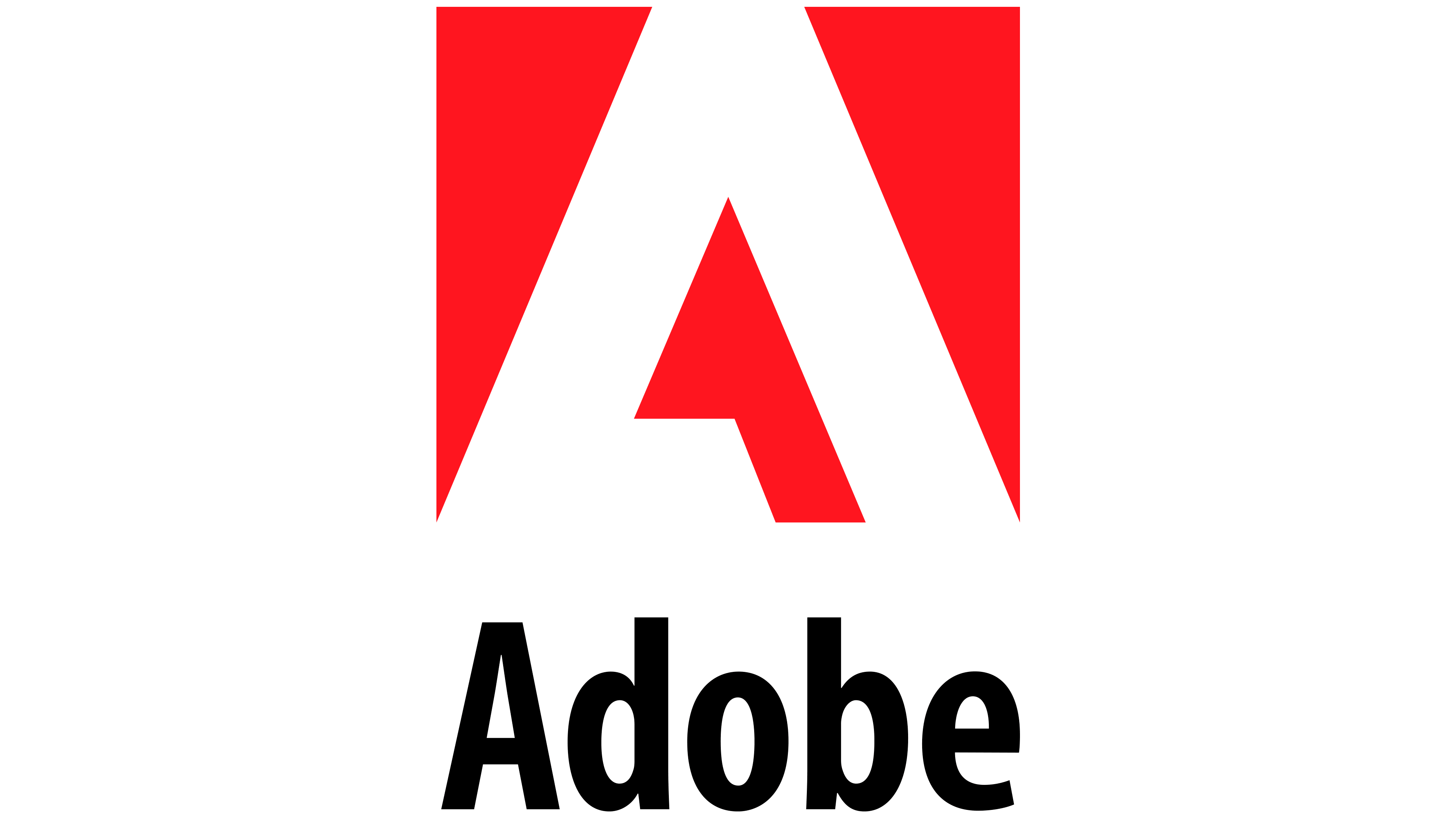London IT Training helped me kick start my Networking career with Cisco CCNA. They were very professional and flexible with the class schedules. It helped me plan my time between studies and the hectic schedule of my job.
The Level 3 Course in Coding Practices is an intermediate-level program designed to enhance learners’ coding skills and proficiency by focusing on best practices, advanced concepts, and industry standards. This course is ideal for individuals who have a basic understanding of programming concepts and wish to deepen their knowledge and expertise in coding. Here’s an overview of what this course might cover:
Program Overview:
- Target Audience: This course is suitable for individuals with some prior coding experience who want to improve their coding skills and adopt industry best practices.
- Duration: The program typically spans several weeks to months, depending on the delivery format and the depth of the curriculum.
- Entry Requirements: Learners are expected to have completed a Level 2 course in coding or have equivalent knowledge and experience.
Curriculum Highlights:
- Advanced Programming Concepts:
- Advanced data structures: stacks, queues, trees, and graphs.
- Algorithmic techniques: dynamic programming, greedy algorithms, and backtracking.
- Advanced control structures: recursion, iterators, and generators.
- Software Development Methodologies:
- Overview of software development methodologies: Agile, Scrum, and Kanban.
- Understanding the software development life cycle (SDLC).
- Agile principles and practices: sprint planning, backlog grooming, and daily stand-ups.
- Object-Oriented Programming (OOP) Principles and Design Patterns:
- Advanced OOP concepts: interfaces, abstract classes, and inheritance hierarchies.
- Design patterns: creational, structural, and behavioral patterns.
- Applying design patterns to solve common software design problems.
- Code Quality and Code Reviews:
- Writing clean, maintainable, and reusable code.
- Code formatting and style conventions.
- Conducting code reviews: best practices and techniques for providing constructive feedback.
- Testing and Test-Driven Development (TDD):
- Introduction to unit testing frameworks (e.g., JUnit, pytest).
- Test-driven development (TDD) principles and practices.
- Writing and automating unit tests to validate code functionality.
- Debugging and Troubleshooting:
- Advanced debugging techniques: breakpoints, watchpoints, and profiling.
- Analyzing and fixing performance issues.
- Troubleshooting common coding errors and issues.
- Version Control and Collaboration:
- Advanced Git concepts: branching strategies, merge conflicts, and rebasing.
- Collaborative coding workflows: pull requests, code reviews, and continuous integration (CI).
- Using Git in distributed teams and open-source projects.
- Software Documentation and Documentation Tools:
- Importance of documentation in software development.
- Writing effective code comments, documentation, and README files.
- Using documentation tools such as Javadoc, Sphinx, and Doxygen.
- Security Best Practices:
- Understanding common security vulnerabilities and threats.
- Secure coding practices: input validation, output encoding, and parameterized queries.
- Implementing security controls to protect against common attacks.
- Advanced Web Development Concepts (Optional):
- Server-side programming: frameworks (e.g., Django, Flask), APIs, and RESTful services.
- Frontend frameworks and libraries (e.g., React, Angular, Vue.js).
- Full-stack development: integrating frontend and backend components.
Assessment and Certification:
- Assessment Methods: Assessment may include coding assignments, projects, and exams to evaluate understanding and practical skills.
- Certification: Learners who successfully complete the course receive a Level 3 Certificate in Coding Practices, demonstrating proficiency in advanced coding concepts and best practices.
Career Outcomes:
- Graduates of the Level 3 Course in Coding Practices may pursue roles as software developers, software engineers, or technical leads.
- They may also choose to specialize in specific areas of coding, such as web development, mobile app development, or backend development.
Conclusion:
The Level 3 Course in Coding Practices provides learners with advanced coding skills and knowledge, equipping them with the expertise needed to develop high-quality, maintainable software solutions. This course prepares individuals for careers in software development and provides a strong foundation for further specialization and career advancement in the field.


























Certification